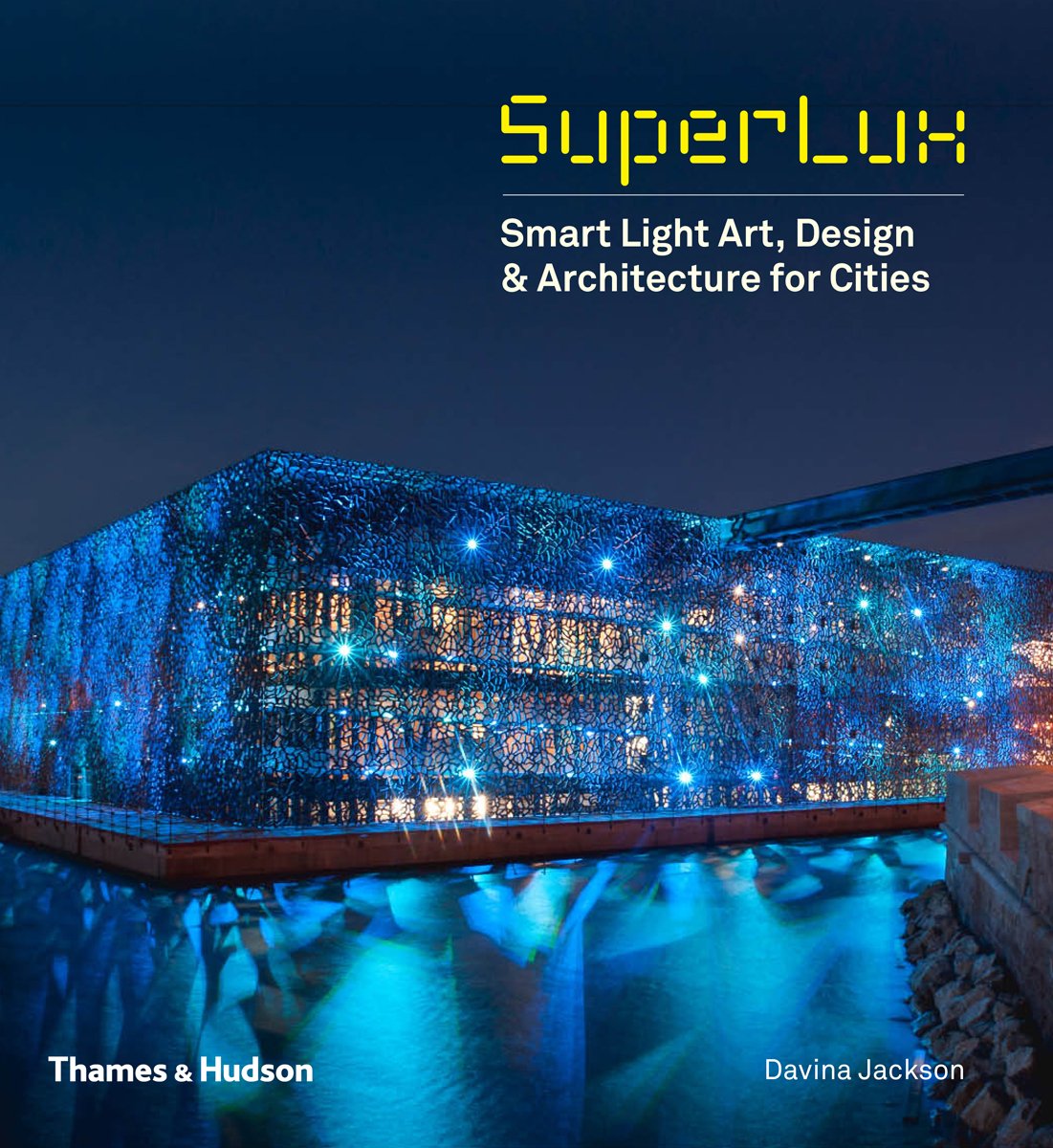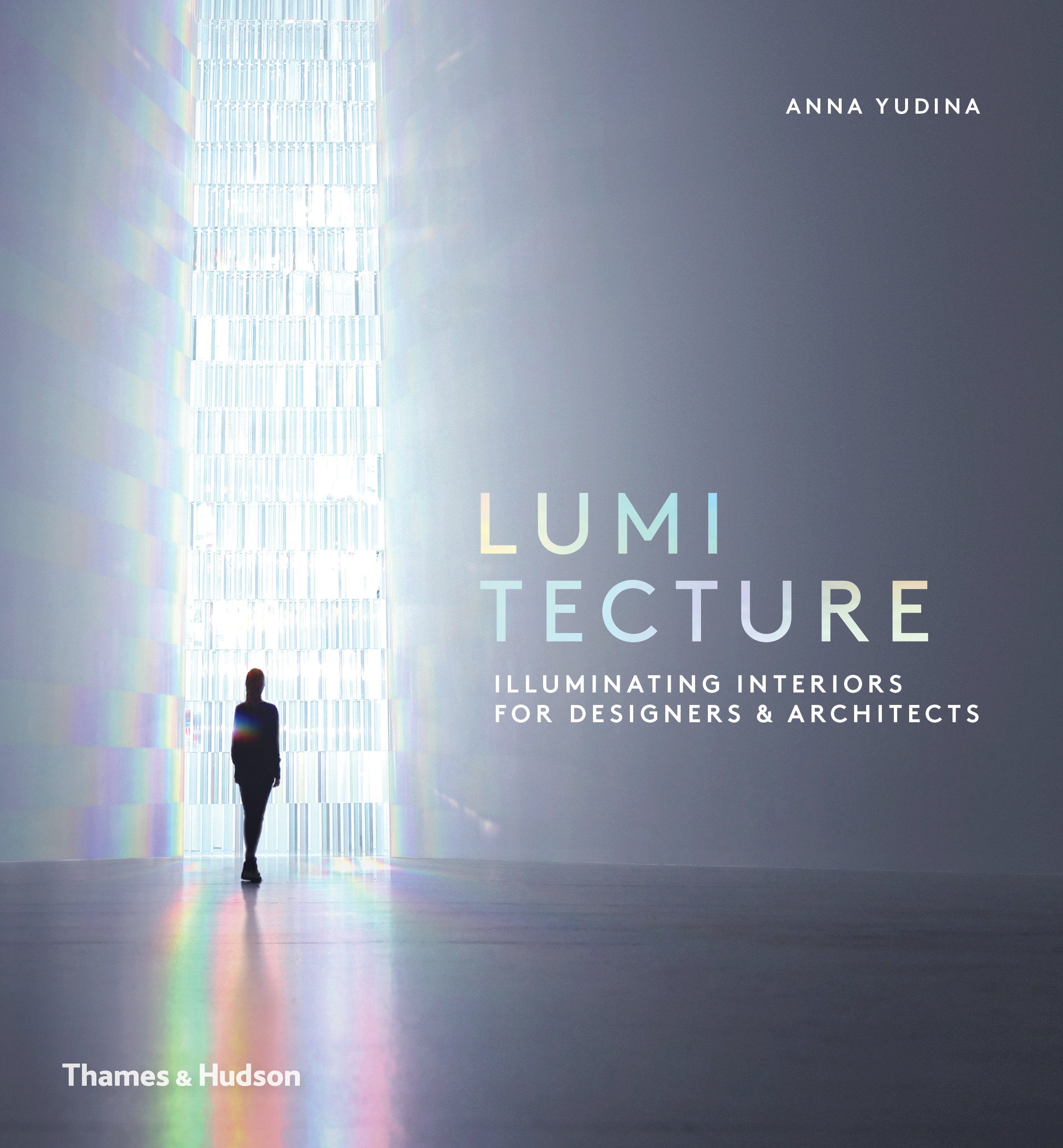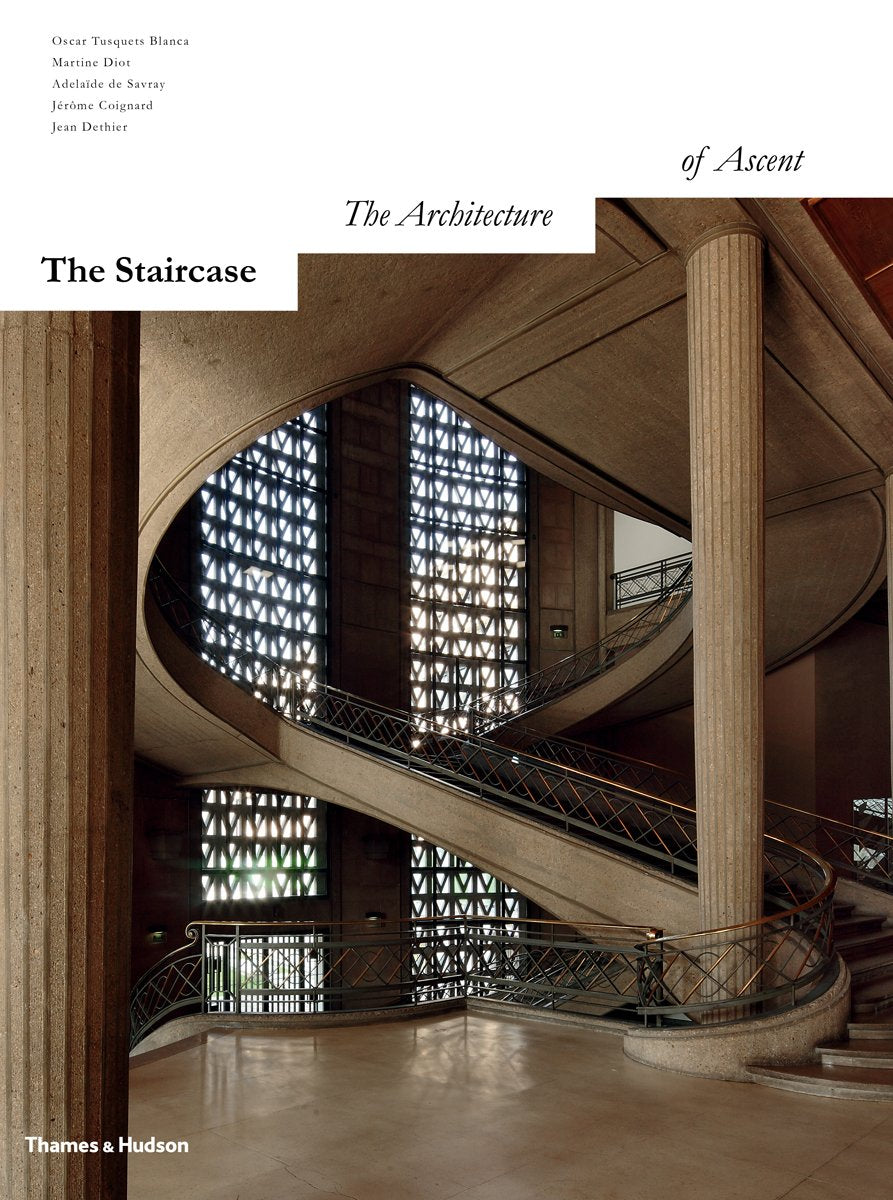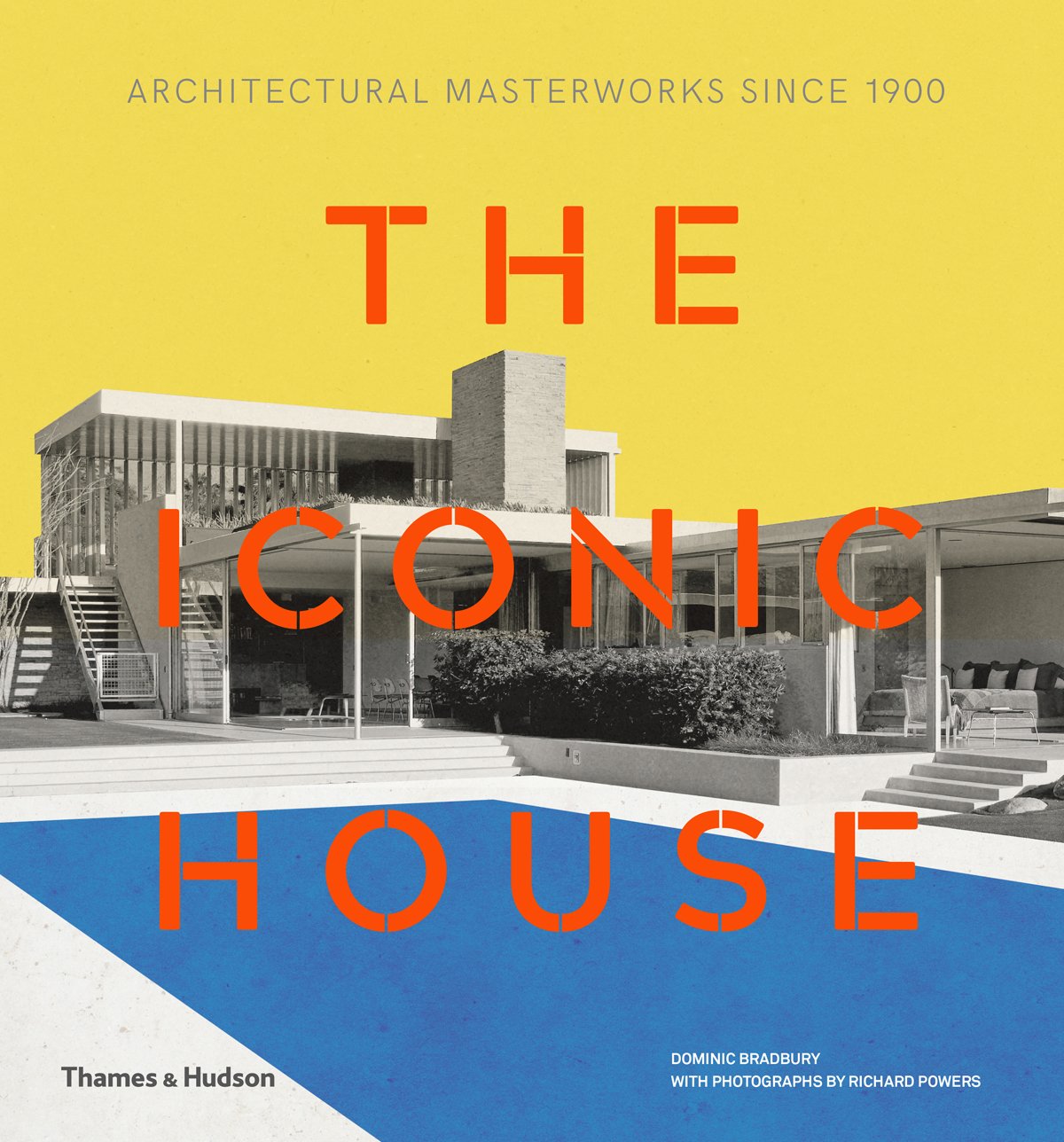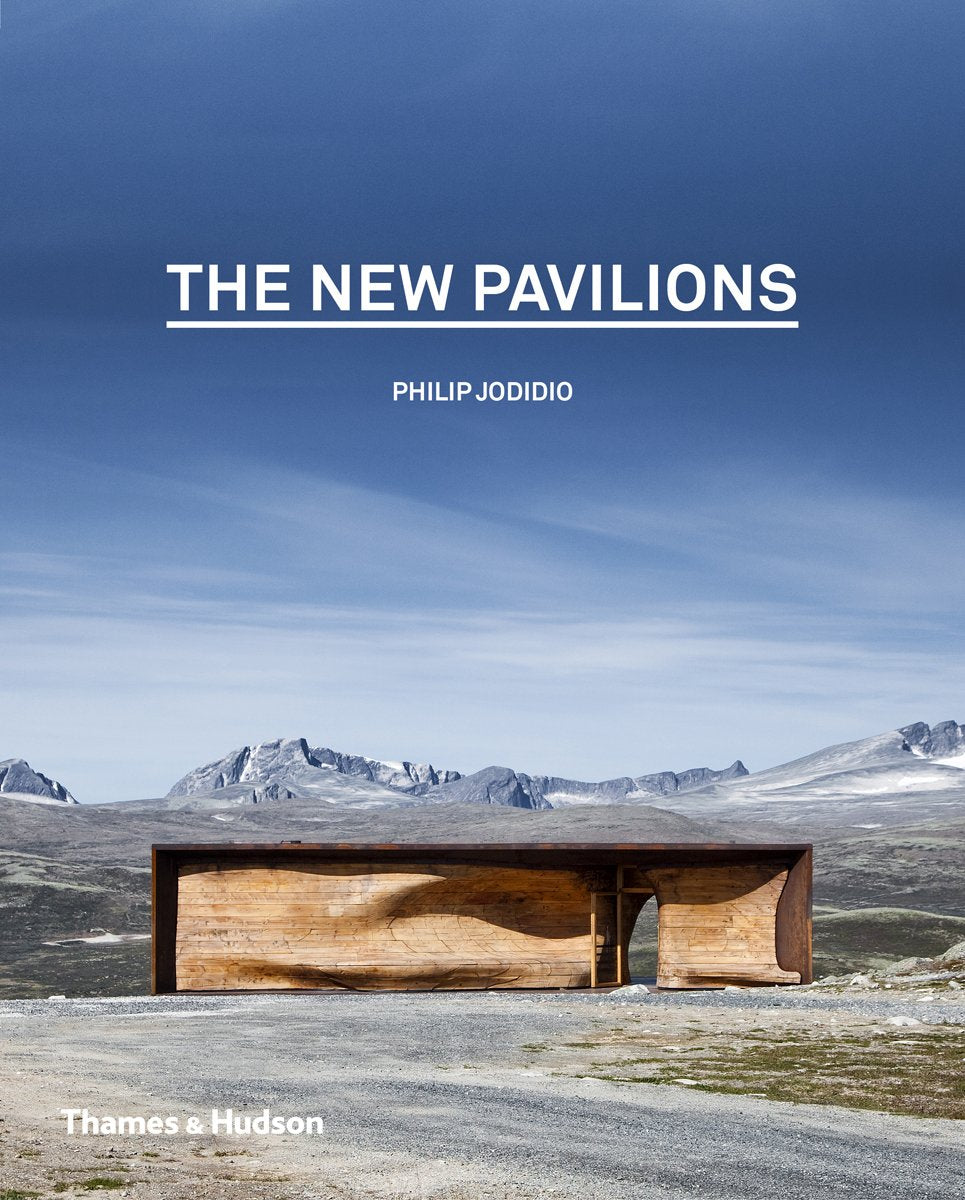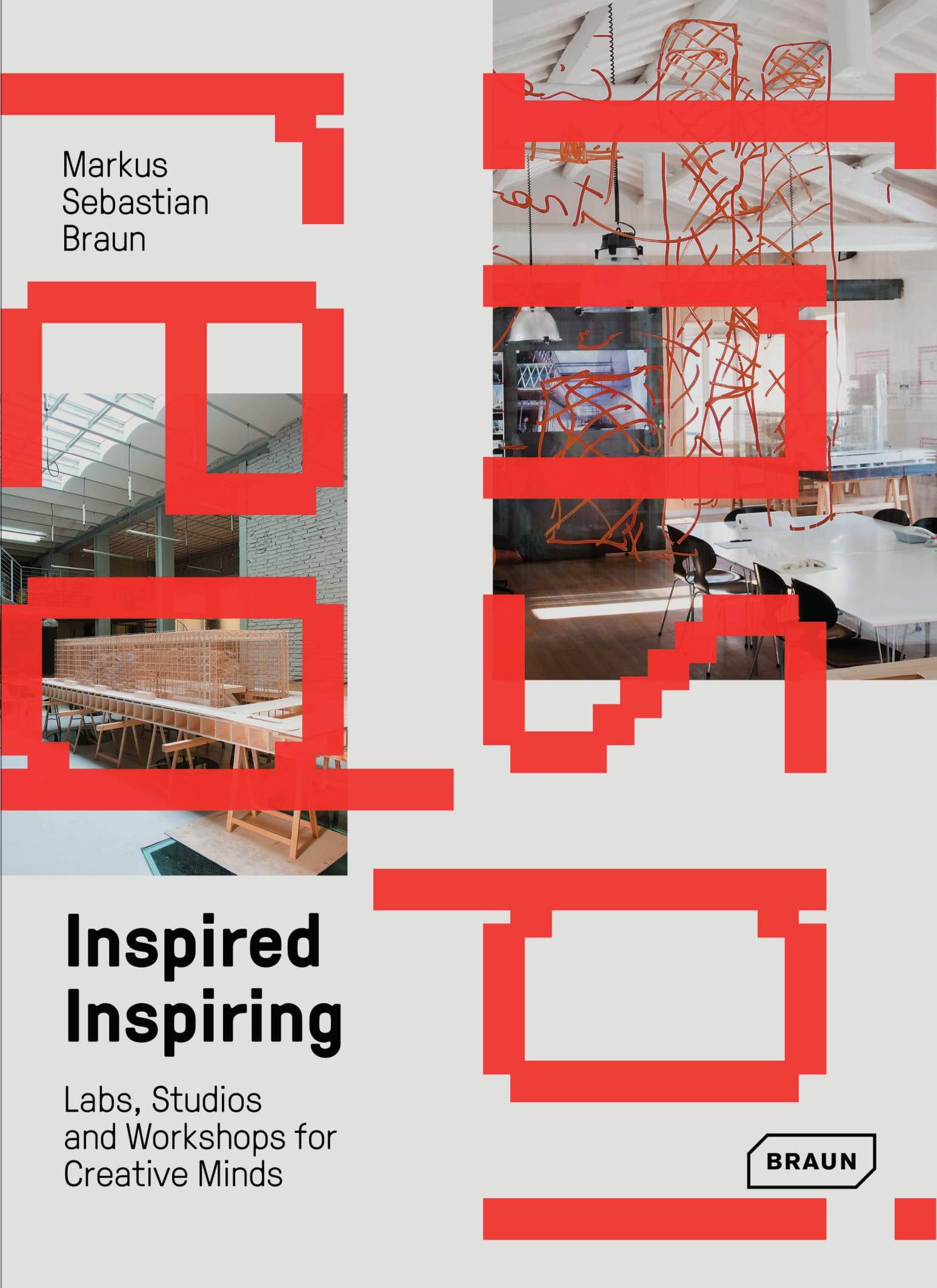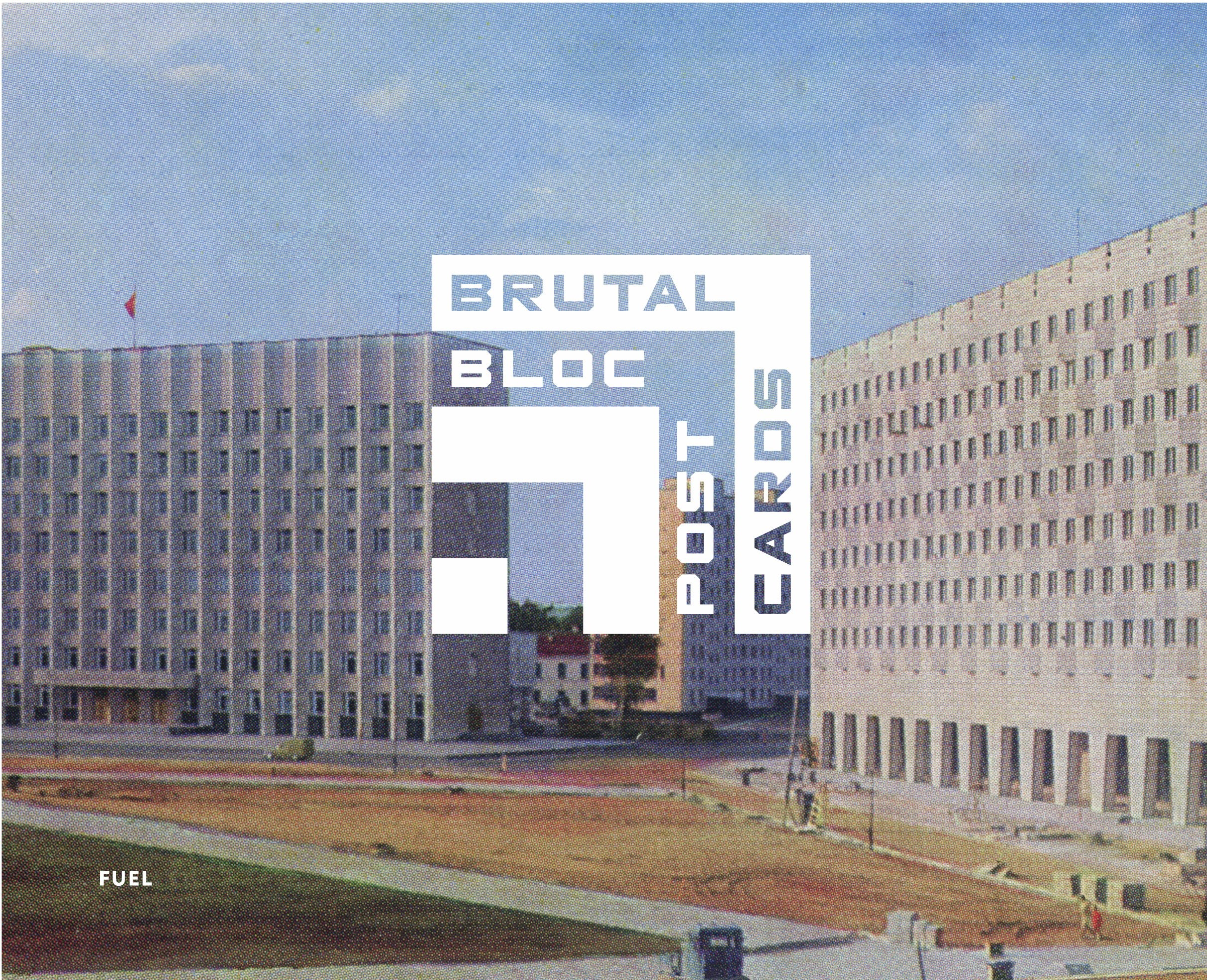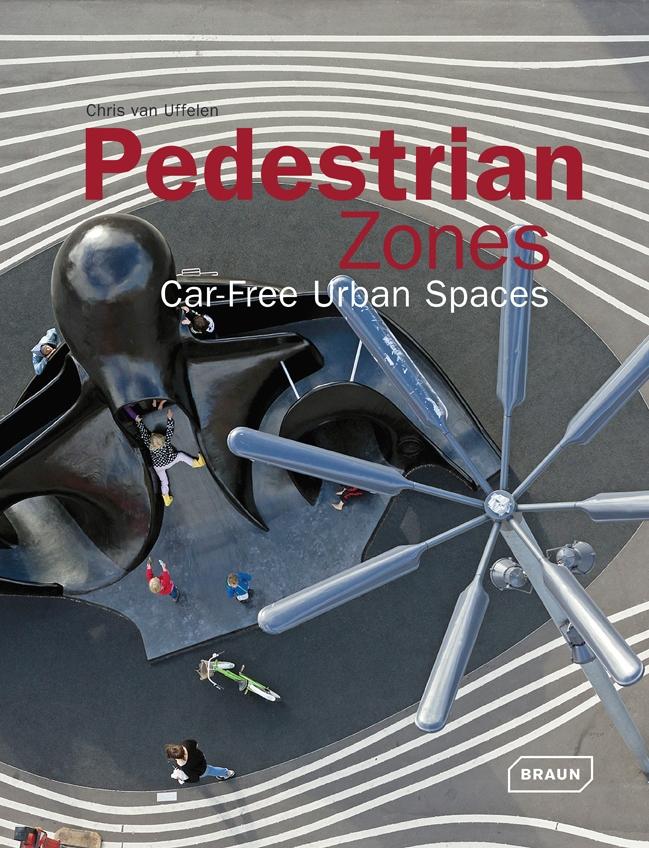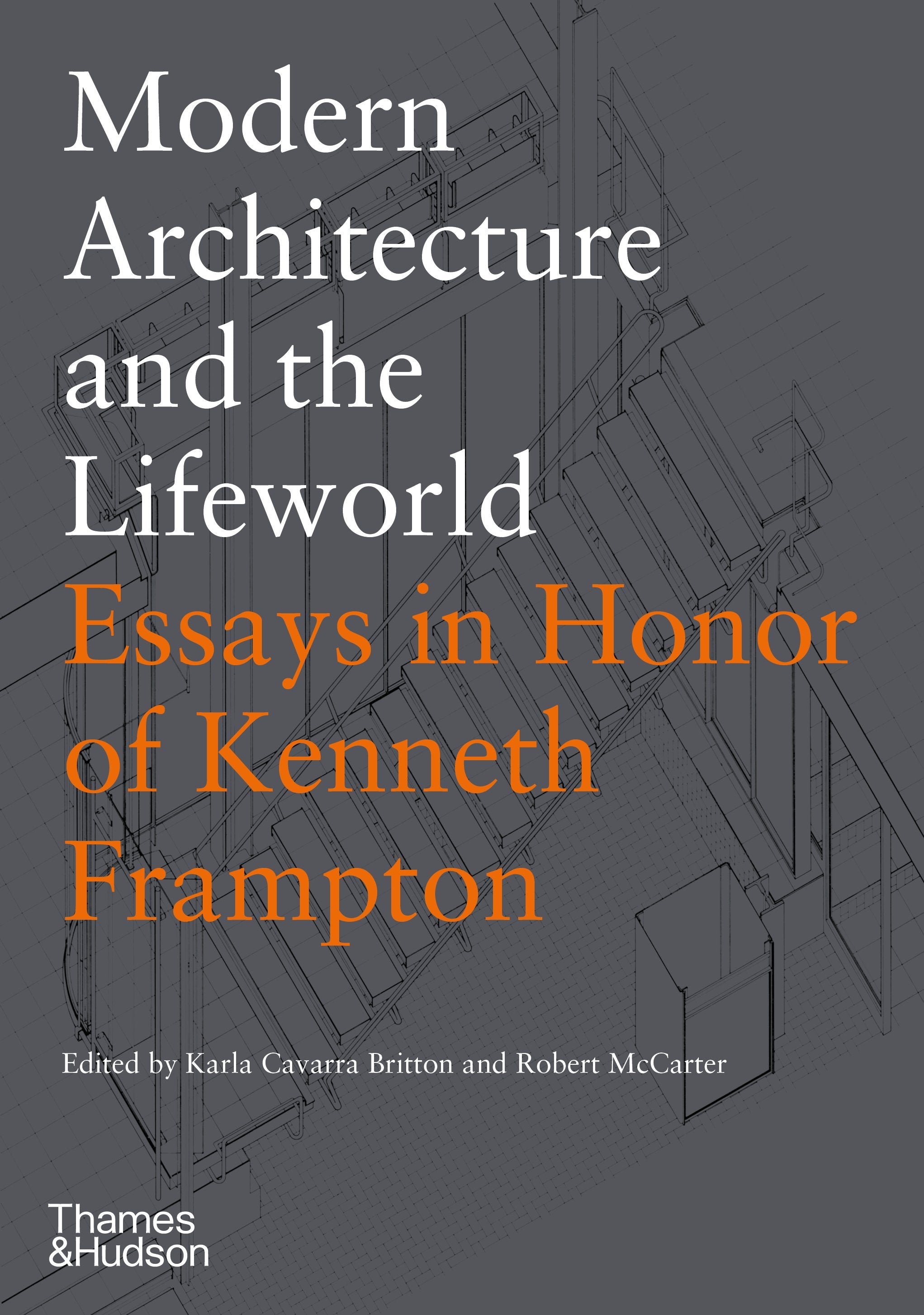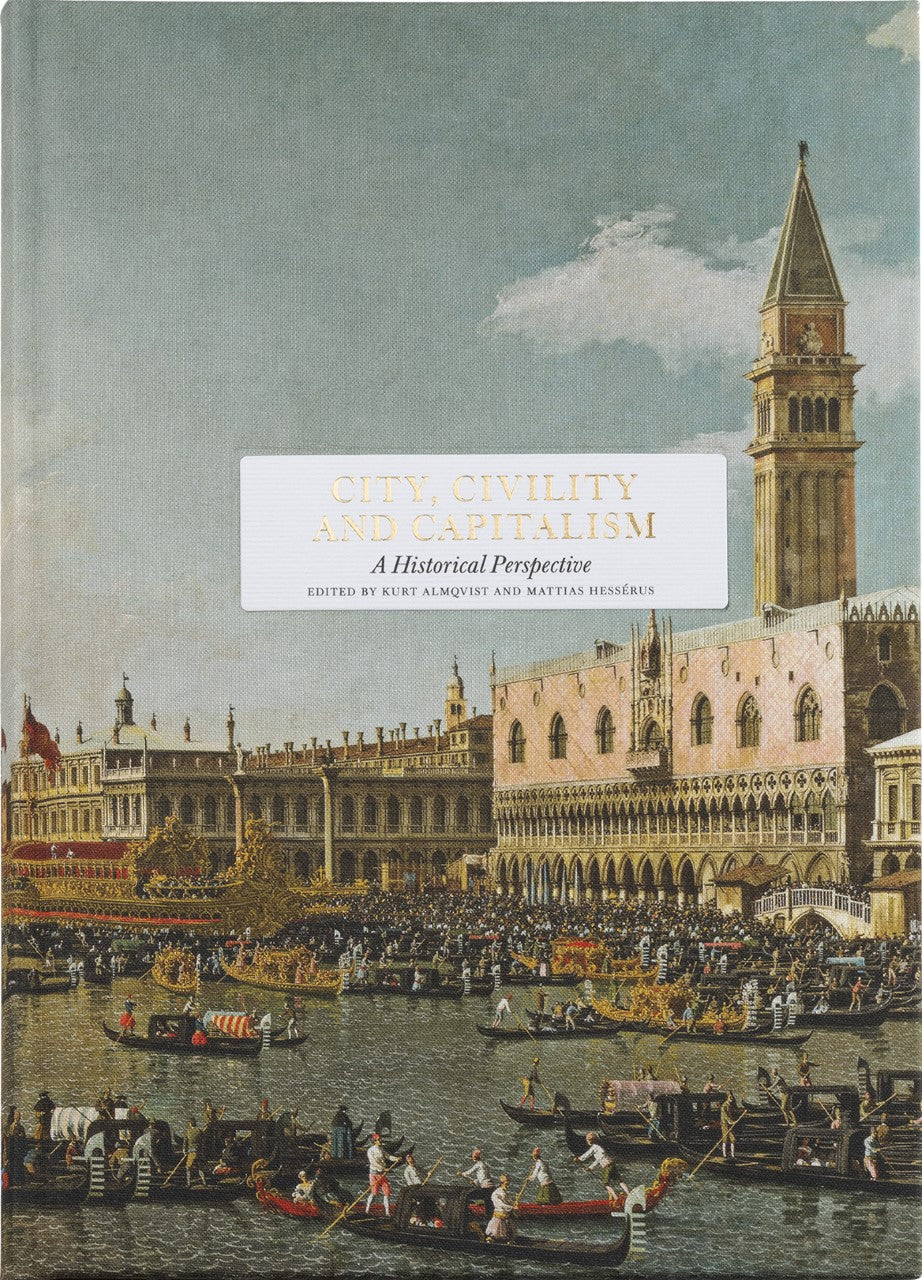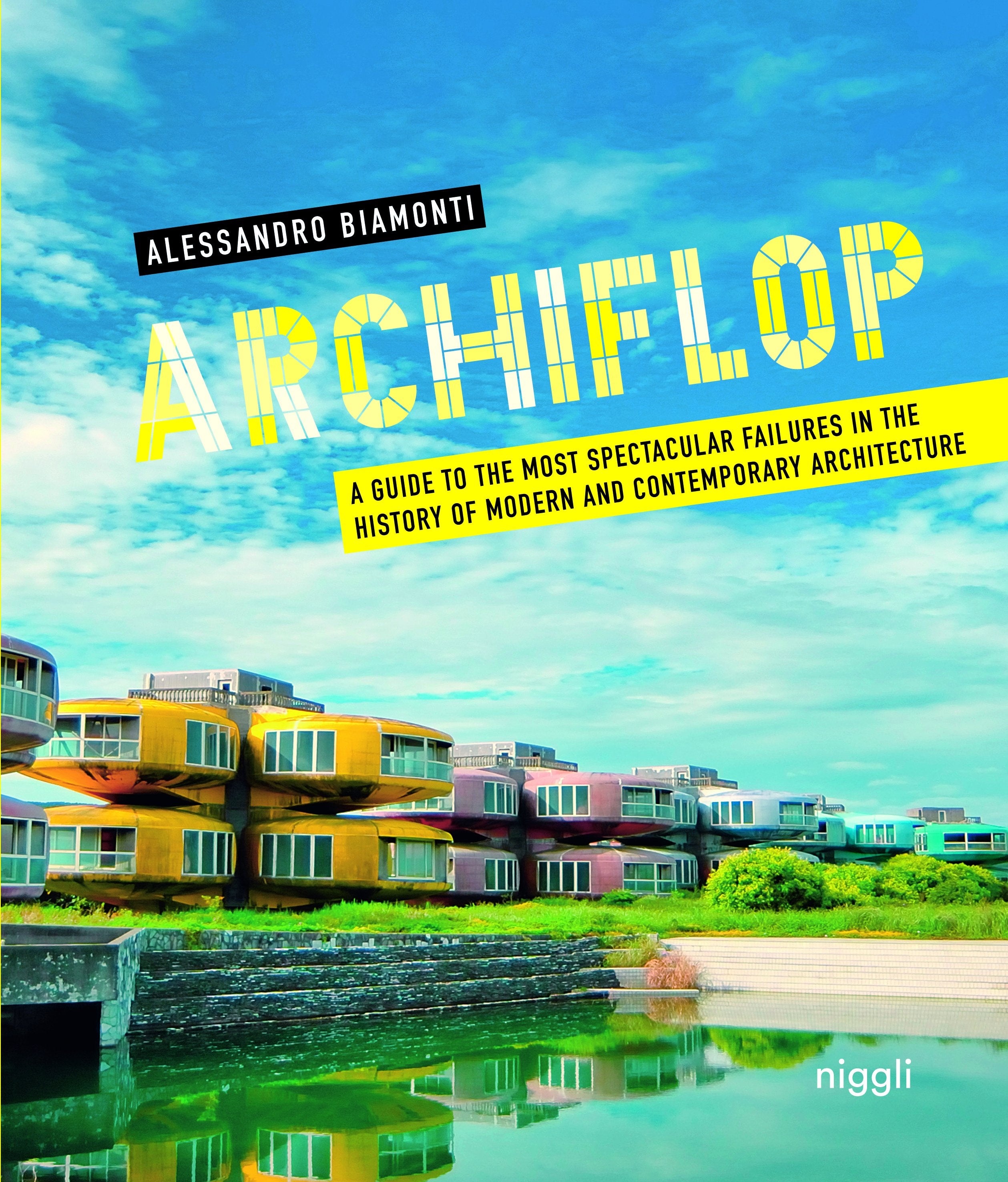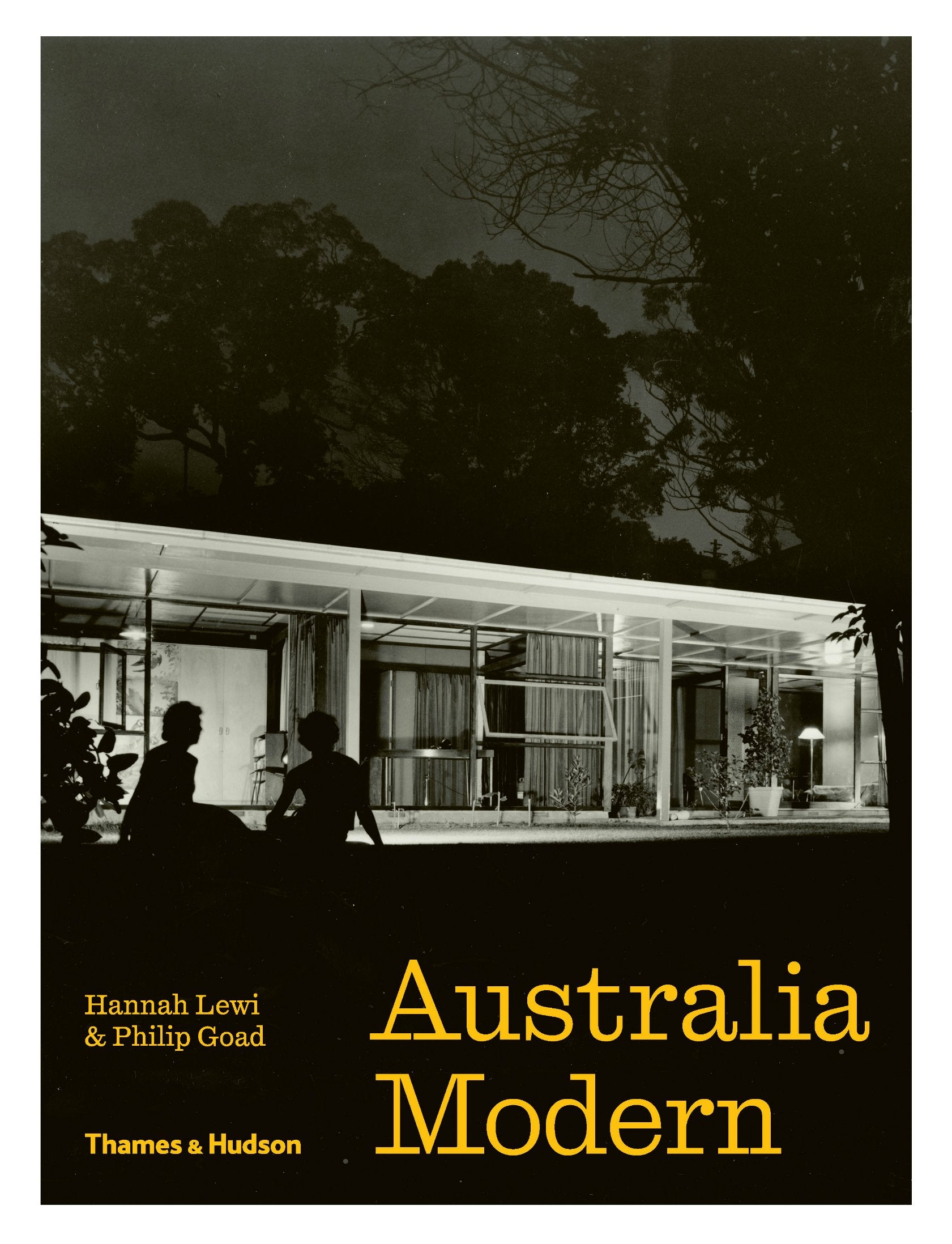Architecture & Human Rights: A Book on Urban Thinking
Tiziana Panizza Kassahun and Stefano De Luigi
Japanese culture and architecture have always fascinated the western world. One particular, architecturally complex building type at the intersection of multiple currents of Japanese philoso- phy, art and esthetics is the Japanese teahouse. It is a very private place of meditation, in which the host commu- nicates with his or her guests through the medium of tea in the context of the strictly regimented ceremony; a place where only those may enter who have been invited. This volume expands the reader’s knowledge of the built space that makes this tea ceremony possible. The author explores the philosophical background as well as the esthetic and spatial prin- ciples. He takes the reader on a cultural- historical and architectural journey through time, from the beginnings in the 15th century, when the art of the tea ceremony as well as the space in which it took place were recorded for the first time to the present day, when the design and construction of a teahouse is still perceived in Japan as a great chal- lenge for designers and architects.










